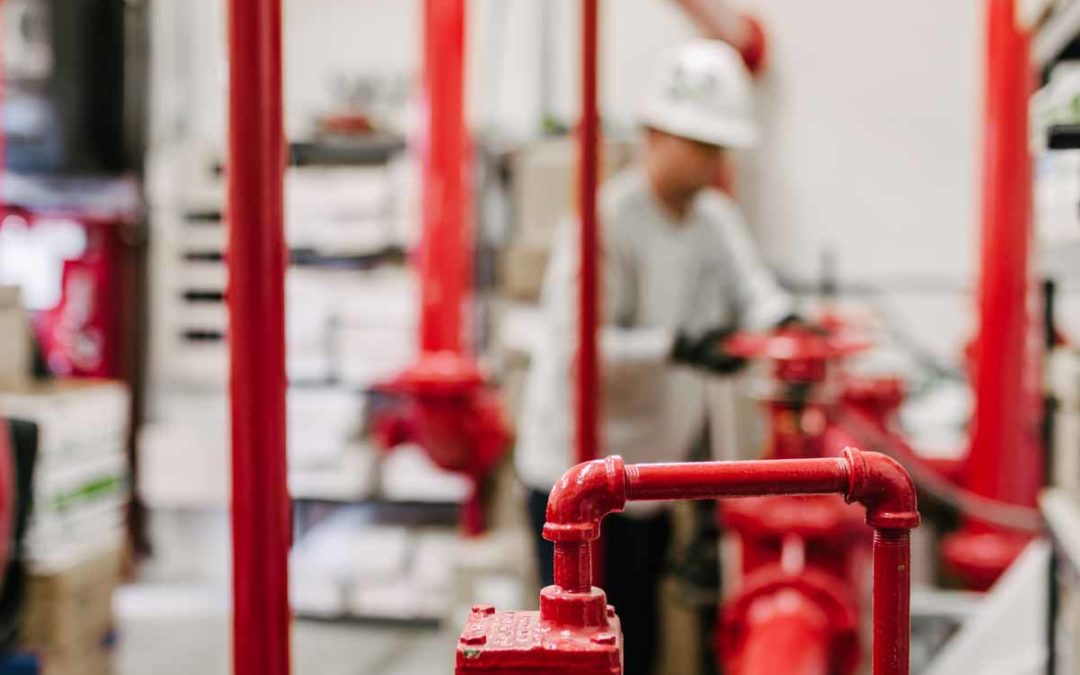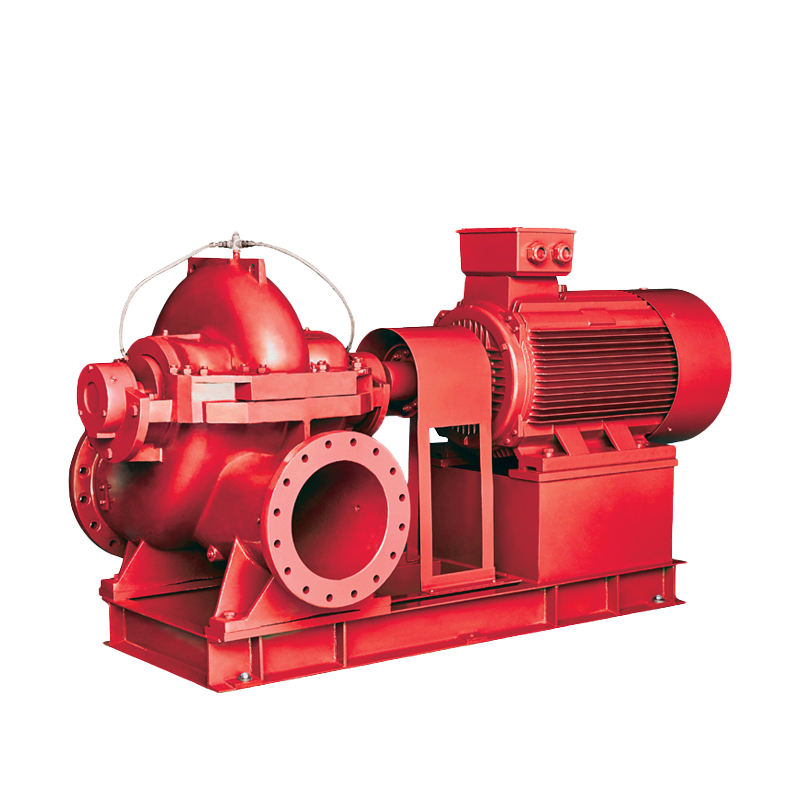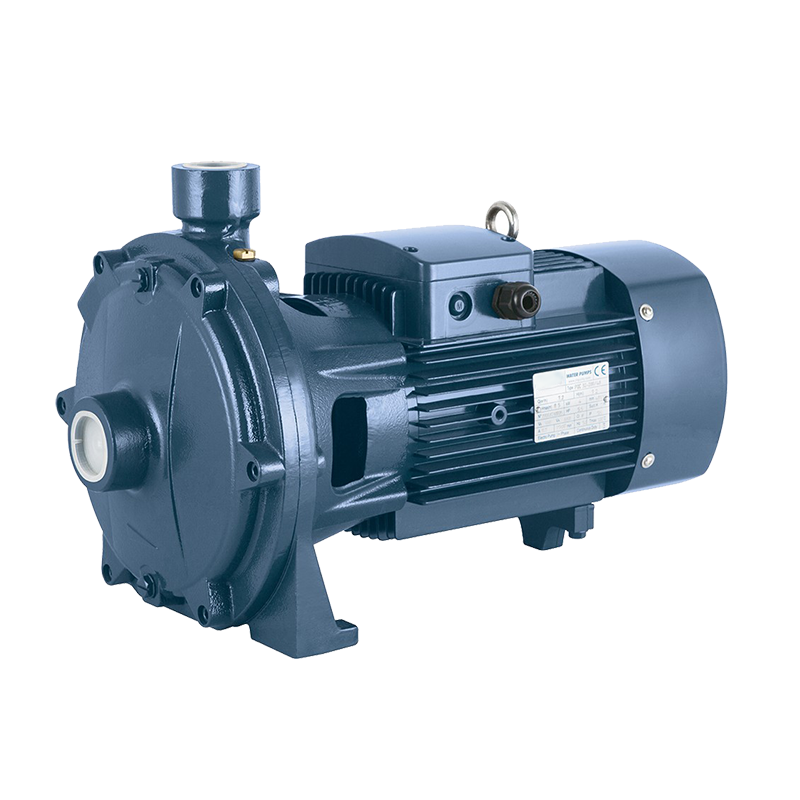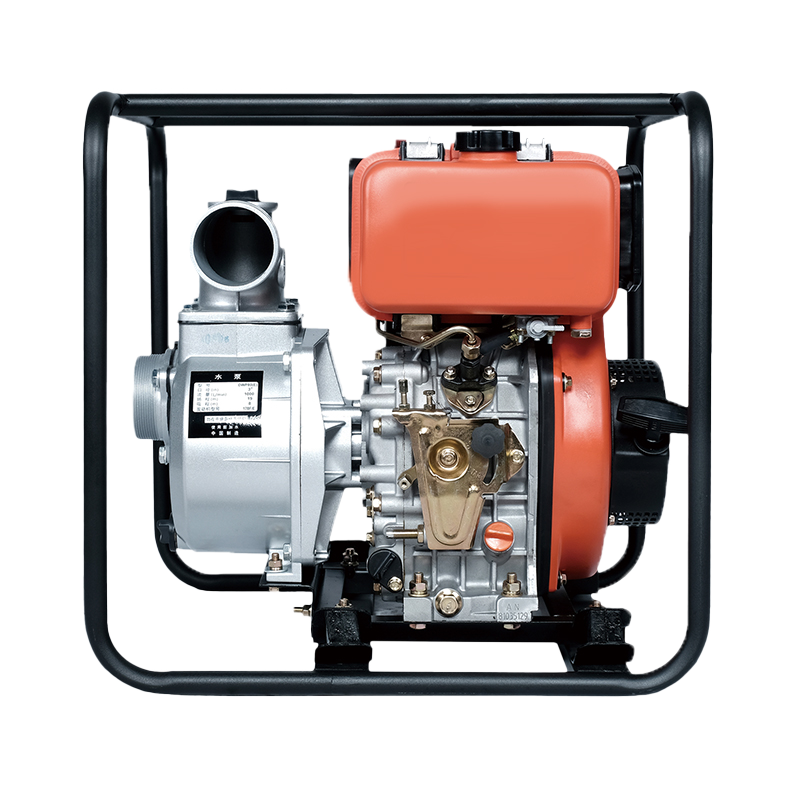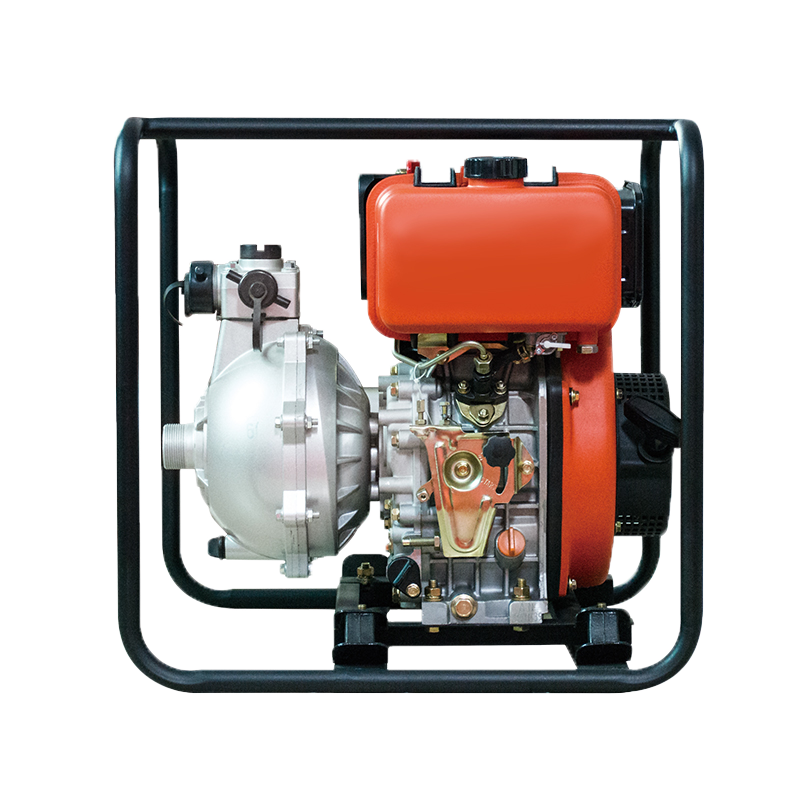Understanding Split Case Pumps: Features, Benefits, and Applications
What is a Split Case Pump?
The split case pump (split case circulation) is also called a single-stage double-suction centrifugal pump. Its main feature is the large flow rate of the conveying medium. The working principle of the split case pump: The impeller is installed in the pump casing and fastened to the pump shaft, which is directly driven by the motor. There is a liquid suction in the center of the pump casing connected to the suction pipe. The liquid enters the pump through the bottom valve and the suction pipe. The liquid discharge port on the pump casing is connected to the discharge pipe. When the pump speed is constant, its pressure head and flow rate are related to the impeller diameter.
How Do Split Case Pumps Work?
Split case pumps operate on the principle of centrifugal force. The main components include:
Impeller:
The rotating part that imparts energy to the fluid.
Casing:
The split design allows for easy access to the impeller and other internal parts.
Suction and Discharge Ports:
Facilitate fluid entry and exit.
When the impeller spins, it creates a low-pressure area that draws fluid into the pump. The fluid is then accelerated outward, increasing its velocity and pressure, which is directed to the discharge port.
Applications of Split Case Pumps
Split case pumps are versatile and commonly used in various applications, such as:
Water Supply Systems:
Ideal for municipal water distribution and irrigation systems.
Fire Protection:
Used in fire suppression systems to maintain adequate water pressure.
Cooling Systems:
Employed in industrial cooling applications for efficient heat transfer.
Chemical Processing:
Suitable for transferring various chemicals and fluids in manufacturing processes.
Advantages of Split Case Pumps
Choosing split case pumps offers several benefits, including:
Easy Maintenance:
The split design allows for quick access to internal components, reducing downtime during repairs.
High Efficiency:
Capable of handling large flow rates while maintaining energy efficiency.
Durability:
Built to withstand harsh operating conditions, ensuring a long service life.
Versatility:
Suitable for a wide range of fluids, including water, chemicals, and slurries.
Split case pumps are integral to various industrial processes, offering reliability, efficiency, and ease of maintenance. Understanding their operation, applications, and maintenance needs can help you make informed decisions when selecting a pump for your specific requirements.
 English
English عربى
عربى
 Fire Pump and System
Fire Pump and System Split Case Pump
Split Case Pump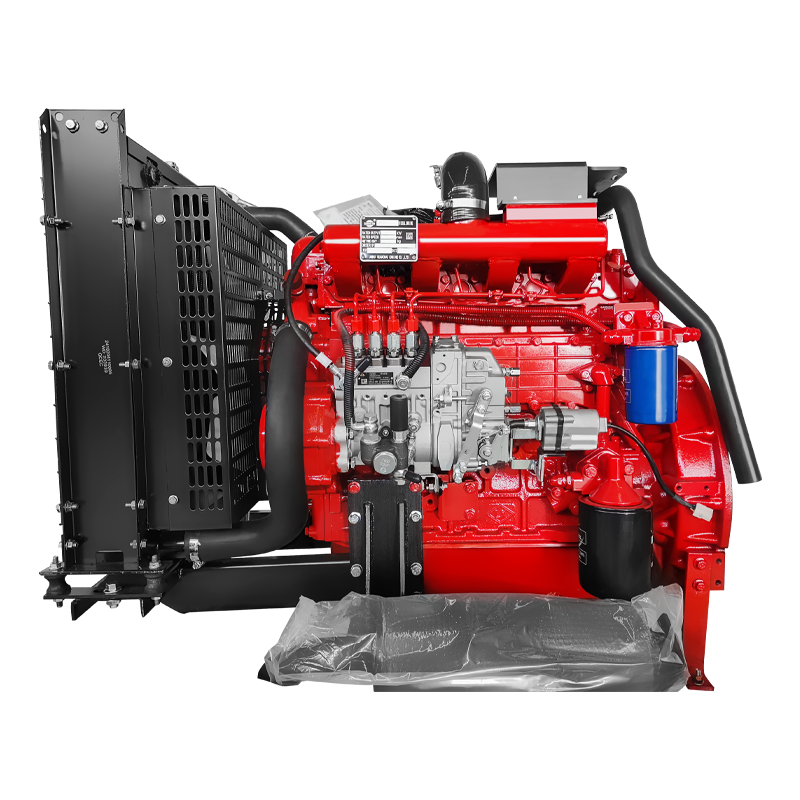 Engine and Pump
Engine and Pump Long Shaft Pump
Long Shaft Pump Multistage pump
Multistage pump Water Supplier System
Water Supplier System Sewage Pump
Sewage Pump Industrial Pump
Industrial Pump Self-Priming Pump
Self-Priming Pump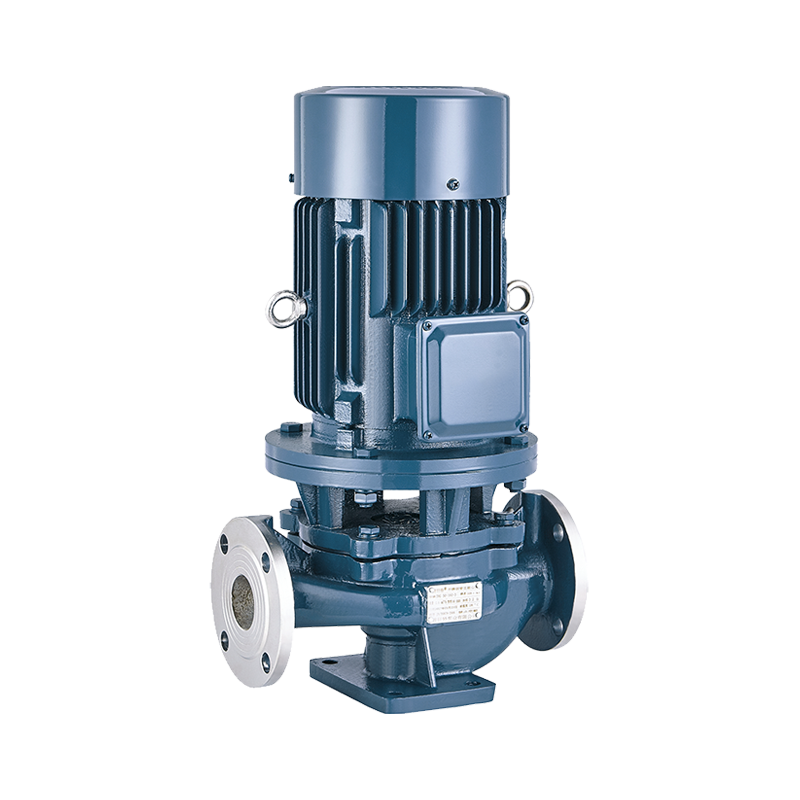 Inline Pump
Inline Pump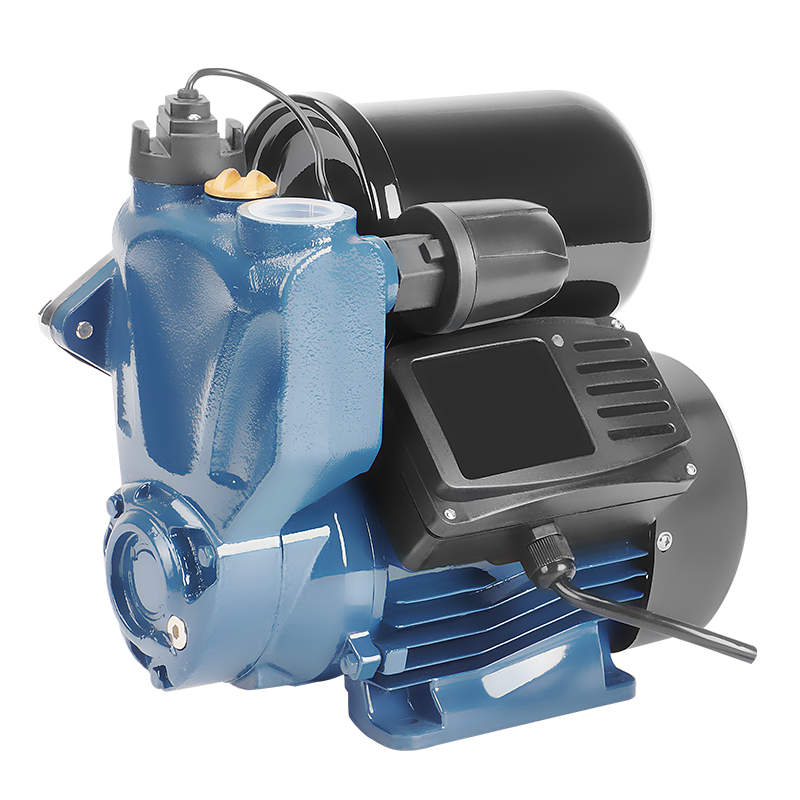 Domestic Pump
Domestic Pump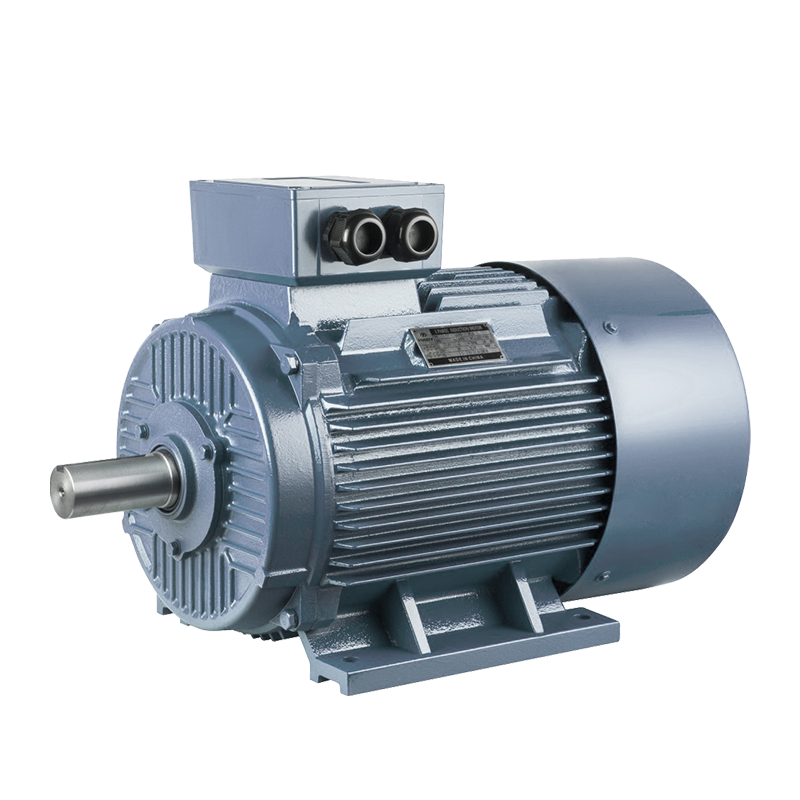 Electric Motor
Electric Motor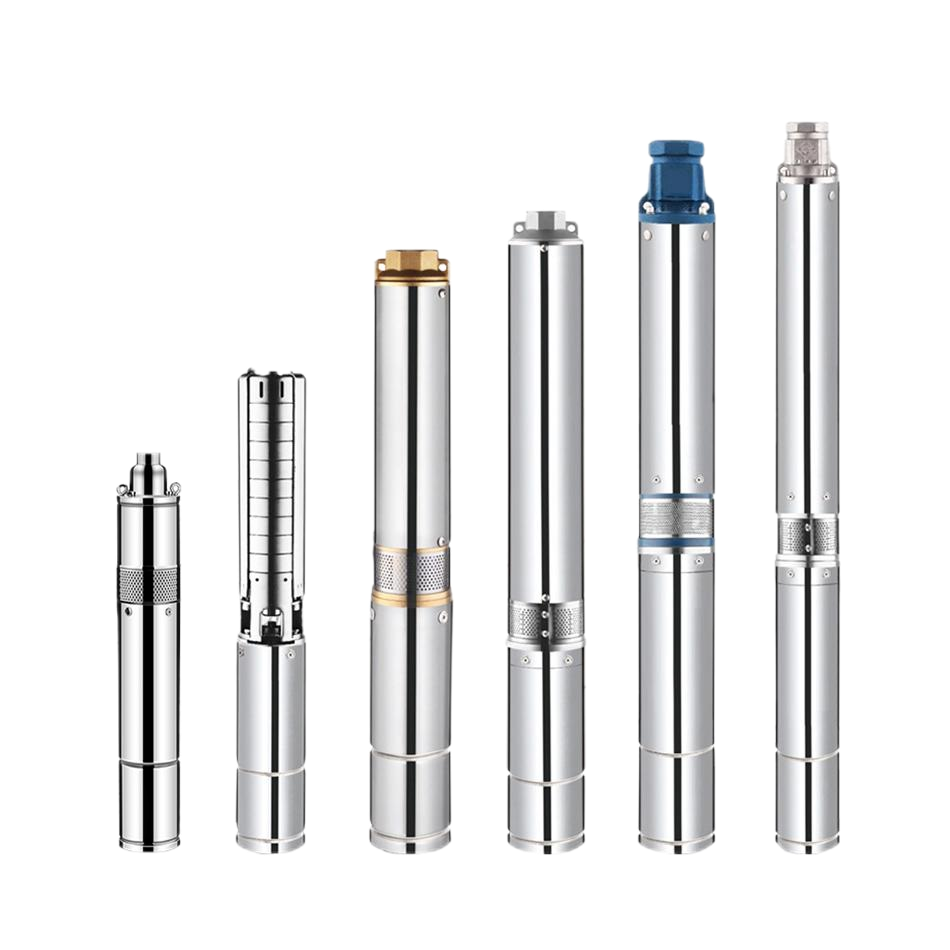 Borehole Pump
Borehole Pump